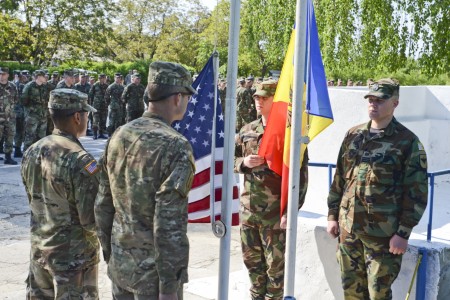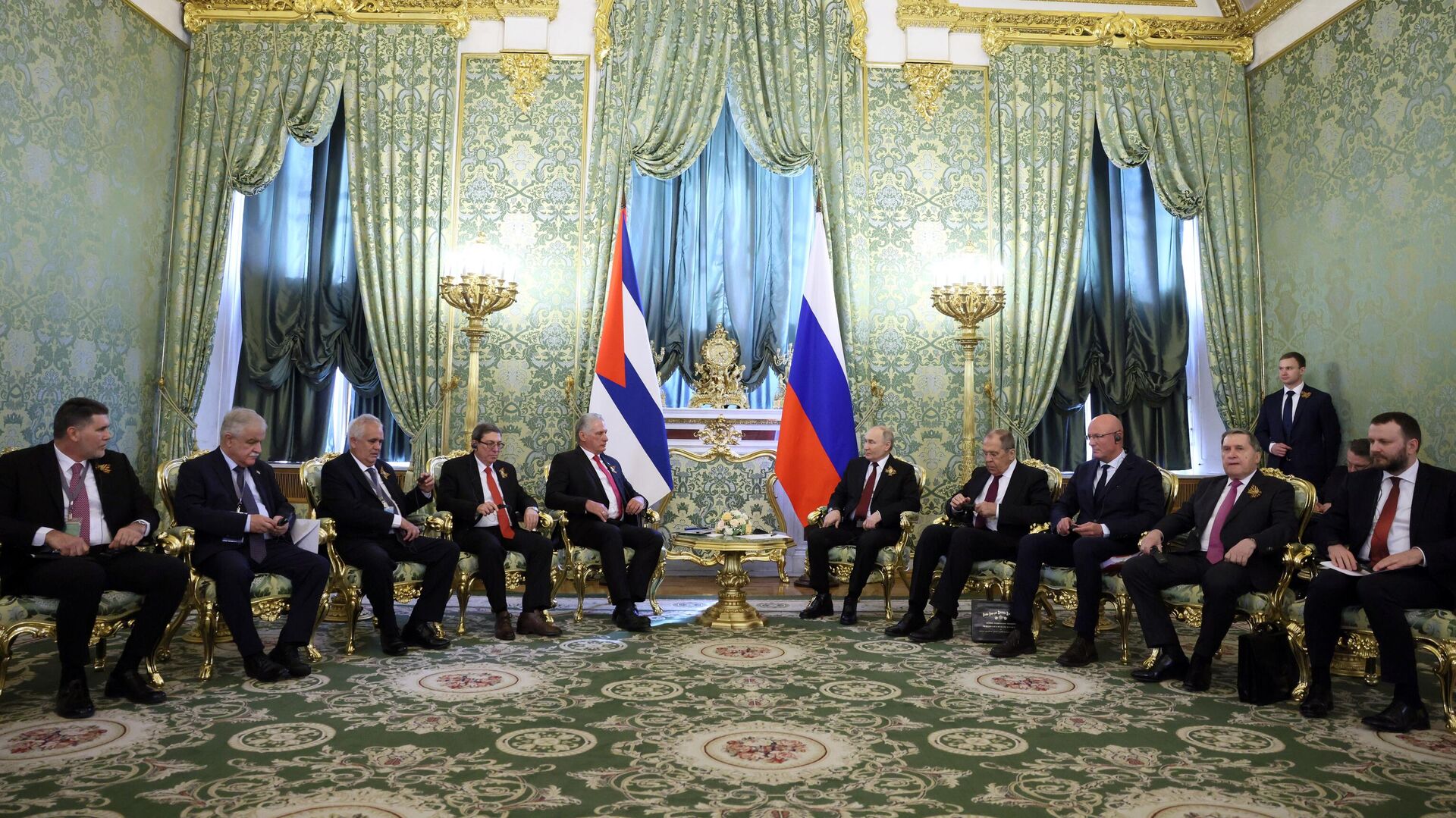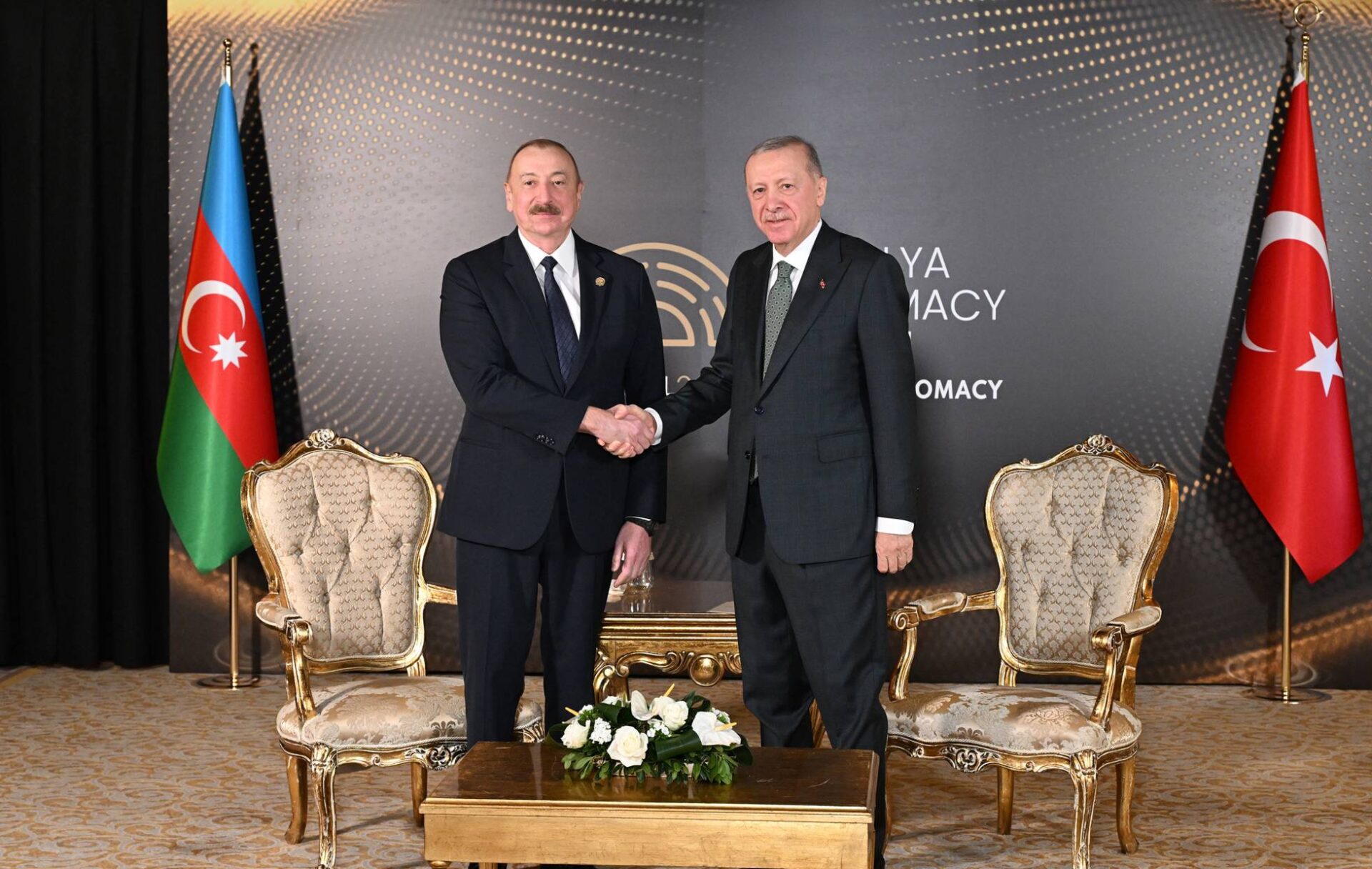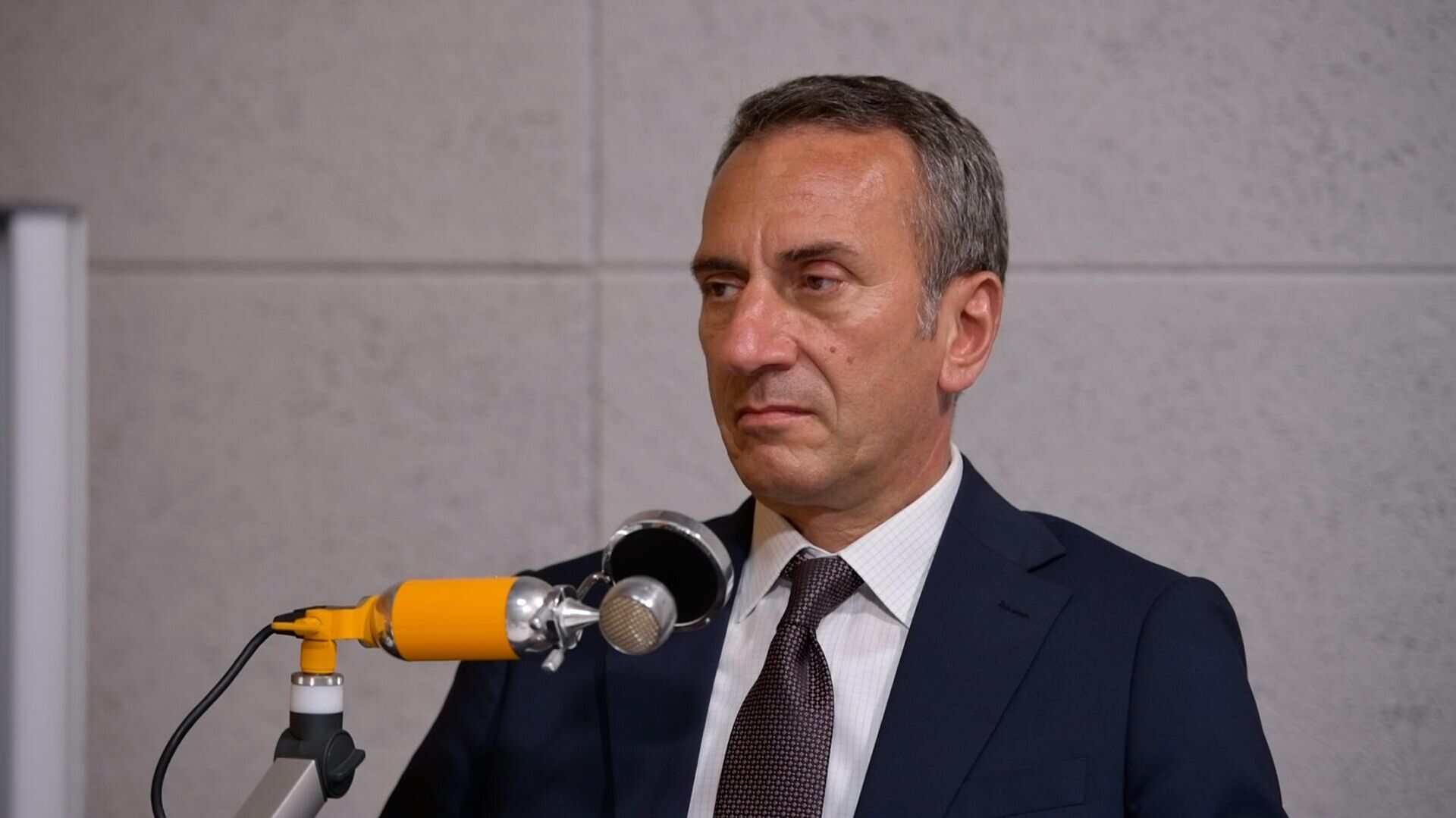
Moldovan Government Lacks Strategy to Deal With Effects of Russia-Triggered Security Crisis
Moldovan Government Lacks Strategy to Deal With Effects of Russia-Triggered Security Crisis
On January 27, during an interview with Moldovan public radio, Prime Minster Natalia Gavrilita revealed her cabinet’s intention to adjust the 2022 state budget and increase the funding for the National Army (Newsmaker.md, January 27). This is rather unprecedented for Moldova, which for decades has seen its defense spending either decreasing or stagnating at slightly above 0.3 percent of GDP—a level that puts the country at the bottom of the list when it comes to per capita defense expenditures in Europe. Gavrilita did not reveal how much extra funding will be directed toward the Ministry of Defense.
That development would look logical in the context of the current security crisis between Russia and the West over Ukraine. Nonetheless, Gavrilita carefully justified the additional defense spending by the need “to create good condition for the soldiers” so that Moldova “improves the conditions of the military barracks, the organization of the armed forces, and gets ready for potential risks.” That last element in the stated list seems to hint at the government’s anxiety over the regional crisis presently dominating the European agenda, which also puts pressure on Moldova’s own security given the contingent of Russian troops that is stationed in the country’s separatist Transnistrian region. However, a more thorough examination of the current administration’s actions suggests that the security crisis triggered by Moscow is likely not being treated as a major concern in Chisinau.
The January 31 session of the Supreme Security Council, which was called by President Maia Sandu, notably focused on macroeconomic and financial stability, while the presidential administration’s scarce press release about the event refers only to some unspecified 2022 risks as the target of talks (Presedinte.md, January 31). Despite the fact that Russia’s mobilization of over 100,000 troops on the Ukrainian border as well as Moscow’s ultimatums to the West have been driving headlines around the world for weeks, the topic is almost non-existent in the public communication of the incumbent authorities in Chisinau. This discrepancy is so stark that the most likely conclusion is that the Moldovan government and the Office of the President must be trying to avoid this topic deliberately.
In fact, the insistent questioning from journalists is the only factor motivating the authorities to say anything about the ongoing European security crisis. This is despite the fact that Moldova is directly and significantly affected by the Russian ultimatums to the Euro-Atlantic community (see EDM, December 2, 2021 and January 18, 2022). Were the West to accept Russia’s demands, it would completely block Moldova’s military cooperation with the North Atlantic Treaty Organization (NATO), including its bilateral military activities with NATO members like the United States or Romania, which are Moldova’s most important partners in that domain. This would most likely further degrade Moldova’s defense readiness, turning the National Army into a purely symbolic institution with little real combat capacity. When pressed by journalists to give an opinion about the crisis around Ukraine and how it is likely to affect Moldova, President Sandu acknowledged that Moldova is vulnerable to the potential effects of the crisis if it escalates into interstate aggression. She communicated that the authorities have been working to build protocols to deal with various related scenarios (Disinfo.md, January 27). However, in her public statements and interviews Sandu relied on a set of phrases that, apparently, are expected to sound neutral and avoid triggering Russia’s irritation. The president’s standard set of responses has included hopes toward a diplomatic solution as well as the expression that “Moldova is a peaceful country and does not pose a threat to any other countries” (Moldova.europalibera.org, January 28). Any direct reference to Russia is excluded altogether from the authorities’ public statements.
One could argue that perhaps this represents a conscious strategy chosen by the Gavrilita government, in tandem with the presidential administration, for dealing with the Russia-triggered security crisis in Europe and its effects on Moldova. That is, to speak softly, avoiding any reference to Russia, while quietly working to strengthen Moldova’s ties with its Western partners and prepare the country for scenarios involving the spillover of a military escalation in Ukraine. The announced, though unspecified, increase in defense spending would certainly qualify as part of such a strategy. However, no other publicly visible actions have been recorded, suggesting that the authorities do not really perceive the risks to be serious and are not taking any concrete measures to prepare. Alternatively, the authorities are afraid to take any defensive preparations for fear of triggering Russia’s irritation.
The Ministry of Defense has been posting routine updates or references on its website to planned training activities for 2022 (Army.md, January 20). But none of these posts indicate that it has invested real efforts into preparing for a looming worst-case scenario; and it makes little sense to conduct additional, intensified and tailored training in secret. Given the poor state of Moldova’s counterintelligence, Russian military intelligence would surely learn of such activities regardless. Whereas, making the population aware that preparations are happening would have registered well with the public, sending the message that the government is doing something beyond making general and confusing statements.
The only substantive activity has been noticed on the diplomatic front. The NATO response to Russia’s ultimatum, which contained a request to stop any military cooperation with post-Soviet countries, included a counter-demand for Russia to withdraw its military forces from Georgia, Moldova and Ukraine. This was preceded by Foreign Minister Nicu Popescu’s visit to Brussels, where he held meetings with NATO and European Union top officials. Popescu reportedly discussed, among other issues, the ongoing crisis with Russia and Moldova’s cooperation with the North Atlantic Alliance (Newsmaker.md, January 24). The timing of the visit, as well as the fact that Moldova would not have been included in the NATO response without Chisinau’s consent, suggest that at least some members of the cabinet are attempting to compensate for the lack of a governmental strategy.


